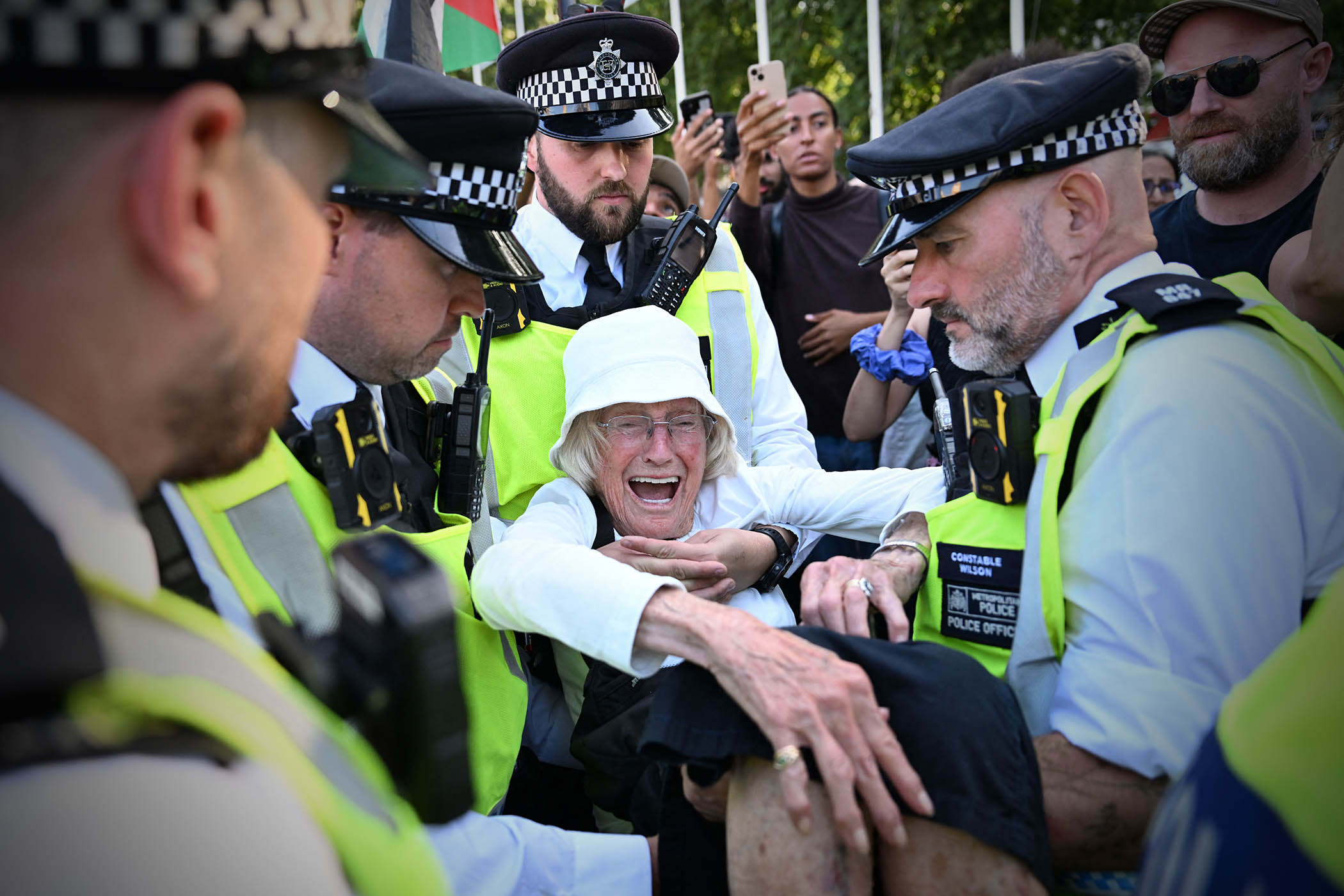There are 3,498 adult rape cases and 1,646 child rape cases waiting to go to court in England and Wales, both record high numbers. The National Police Chiefs’ Council recently described male violence against women and girls as being at an “epidemic scale”. Among those who work with victims, frustrations with the criminal justice system are so great that one view is that rape has been effectively decriminalised in the UK.
It is in this context that the Home Office has just proposed a new law that will stop a man charged with raping a child under 16 from presenting a defence of “consent” to a jury. This means that, even if the man had a reasonable belief that he had consent – and even if the child insists they consented – if there is no question that sex has taken place, he must be charged with rape.
The proposed new law brings the prospect of higher numbers of rape trials involving children, which would require a specially trained barrister, at a time when the criminal justice system is both overloaded and under-resourced. It will also challenge the Crown Prosecution Service to bring “victimless prosecutions”, whereby a child may refuse to give evidence if they believe they were in a consensual relationship with an adult.
The measure comes in response to Baroness Louise Casey’s grooming gangs report, published last week, which found “too many” examples of child sexual exploitation cases being dropped or downgraded from rape to lesser charges “where a 13 to 15 year-old had been ‘in love with’ or ‘had consented to’ sex with the perpetrator”.
My daughter didn’t have the capacity or freedom to consent – crucial issues I believe were never fully explained to the jury
My daughter didn’t have the capacity or freedom to consent – crucial issues I believe were never fully explained to the jury
Sarah, a mother
In England and Wales, penetrative sex with an under 13-year-old must be charged as rape. But with offences involving sex with a 13 to 15-year-old, the Crown Prosecution Service has more discretion. The Casey audit discovered cases where penetrative sex with a child aged 13-15 had not resulted in a charge of rape but instead a lesser but still serious charge, such as sexual activity with a child, or causing or inciting a child to engage in sexual activity. On conviction, this inevitably resulted in significantly shorter sentences than would have been imposed for rape.
But the success of the new law will depend on whether a jury is prepared to convict a man of rape when a child aged, for argument’s sake, 15, insists that she loved him.
While the Home Office proposal has been widely praised in the child sexual exploitation sector, a criminal barrister, who asked not to be named, thought it could backfire. “It comes with some risk of reducing the numbers of convictions and definitely diminishes the already low prospects of an offender pleading guilty,” he said.
Meanwhile, there is a lack of mandatory training for defence barristers on how to question children, which prompts another concern: rather than protecting victims, could more young people be traumatised by the process of being cross-examined? Minors are treated differently from adults in sex cases, with pre-recorded cross-examinations and tighter control over what they are asked. But London’s victims’ commissioner, Claire Waxman, said: “There must be investment from the government in upgrading video technology in courts as we continue to hear of faulty screens and microphone systems that don’t instil confidence in victims giving their evidence.”
Given an underfunded criminal justice system that is now seeing delays to rape trials stretching into 2029 in London, and even later elsewhere in the UK, will the new law mean an increase in rape charges and lead to even longer waits for justice? At the coalface, the criminal barrister’s view was that “it’s a change of label and sentencing ranges, rather than seeing a whole load of offences being charged that previously were not”.
One mother, Sarah, shared her daughter’s case with The Observer. Aged 14, her daughter was raped by a man almost three times her age. He said she had consented. He was charged with rape but acquitted, and was convicted of lesser sexual offences.
Newsletters
Choose the newsletters you want to receive
View more
For information about how The Observer protects your data, read our Privacy Policy
“We were both stunned when we heard the verdict. But I think my daughter was exhausted by the whole process and just relieved it was over.”
Sarah said that at trial, the defendant’s behaviour was “normalised”, and “their relationship was presented as ‘equal’ and ‘consensual’.” Sarah added: “I couldn’t understand why this argument wasn’t being forcefully challenged by the prosecution. What reasonable man in their late 30s would believe it was ok to be in a sexual relationship with a 14-year-old child?
“The fact that she didn’t have either the capacity or freedom to choose to consent – crucial issues which I believe were never fully explained to the jury – make me believe, beyond doubt, that this man raped her. My daughter is sure of the same.
“We both support the view that children should be seen as children under the law, and that adults who have sex with children under 16 should always be charged with rape.”
Photograph Christopher Furlong/Getty



